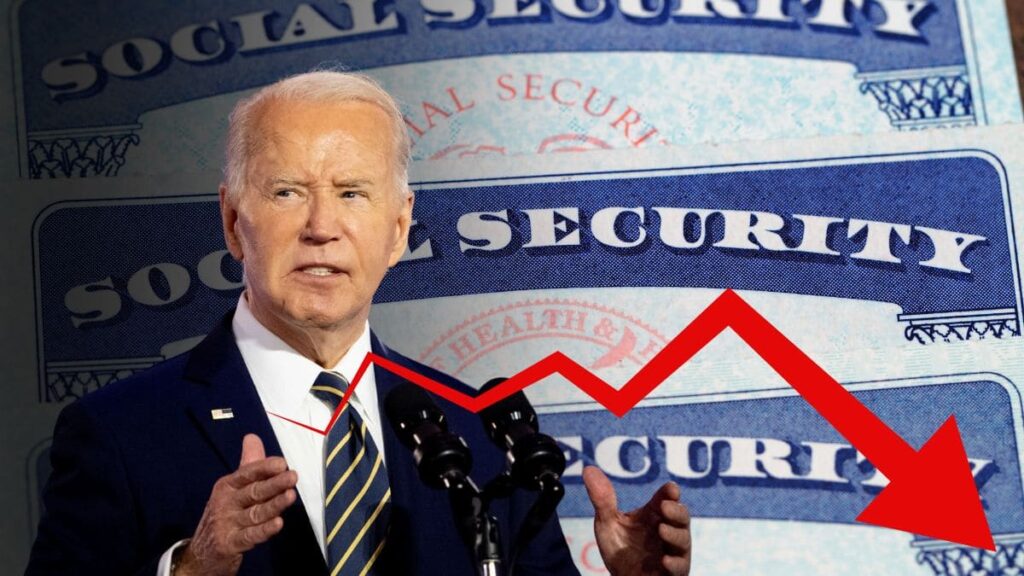A recent study by the Committee for a Responsible Federal Budget, a nonpartisan entity, warned that if Congress fails to reform Social Security soon, retirees could face significant cuts in their benefits. Couples with two incomes could lose up to $16,500 annually starting in 2033. For high-income couples, the cut could be even more severe, reaching up to $21,000.
In 2033, individuals who are 58 years old will receive only 79% of the promised benefits unless prompt legislative action is taken. This underscores the urgent need for reforms in the Social Security system to ensure its long-term viability.
Budget Cuts and Social Security Disputes
Social Security is often at the center of political battles. Recently, prominent Democrat Sheldon Whitehouse accused Republican lawmakers of planning to cut $1.5 trillion from Social Security. During a hearing, he emphasized how such cuts could drastically affect millions of retired and disabled Americans who rely on these benefits monthly.
The Republican Study Committee’s budget proposal aims to significantly reduce federal spending, but cutting Social Security funding remains highly controversial. Any attempt to reduce its budget could face strong opposition from both public advocacy groups and political entities dedicated to safeguarding citizens’ benefits.
Administrative Challenges and Funding Needs
The Social Security Administration (SSA) faces its own set of difficulties. Commissioner Martin O’Malley recently noted that without a budget increase for 2025, the SSA could be forced to freeze hiring and degrade services. Such a situation could worsen existing delays and complications within the administration.
During a Congressional hearing, concerns were raised about the “devastating effects” of underfunding. There is fear that current budget constraints could hinder the SSA’s ability to process applications, manage funds, and effectively assist beneficiaries.
Pension Offsets and Social Security Reductions
Pensioners may face reductions in their Social Security benefits due to provisions like the Government Pension Offset (GPO) and the Windfall Elimination Provision (WEP). These rules aim to prevent excessive benefit payments to individuals already receiving substantial government pensions.
In Congress, there is a growing bipartisan effort to eliminate these provisions. However, experts argue that simply abolishing the GPO and WEP may not guarantee greater equity within the Social Security framework.
Table with Essential Information
| Key Topic | Details |
|---|---|
| Potential Benefit Cuts | Couples could lose up to $16,500 annually starting in 2033. High-income couples: up to $21,000. |
| Percentage of Promised Benefits | In 2033, individuals aged 58 will receive only 79% of promised benefits without reform. |
| Political Disputes | Republicans accused of planning to cut $1.5 trillion from Social Security by Sheldon Whitehouse. |
| Social Security Administration Issues | SSA may freeze hiring and degrade services if the budget does not increase by 2025. |
| Pension Offset Provisions | GPO and WEP may reduce Social Security benefits for certain pensioners. Bipartisan effort to eliminate these provisions. |
| Urgent Reform Need | The system requires urgent legislative reforms to remain viable in the long term. |
This version highlights essential keywords and optimizes the content for Google Discover, focusing on important details like Social Security reductions, political disputes, and administrative challenges.
